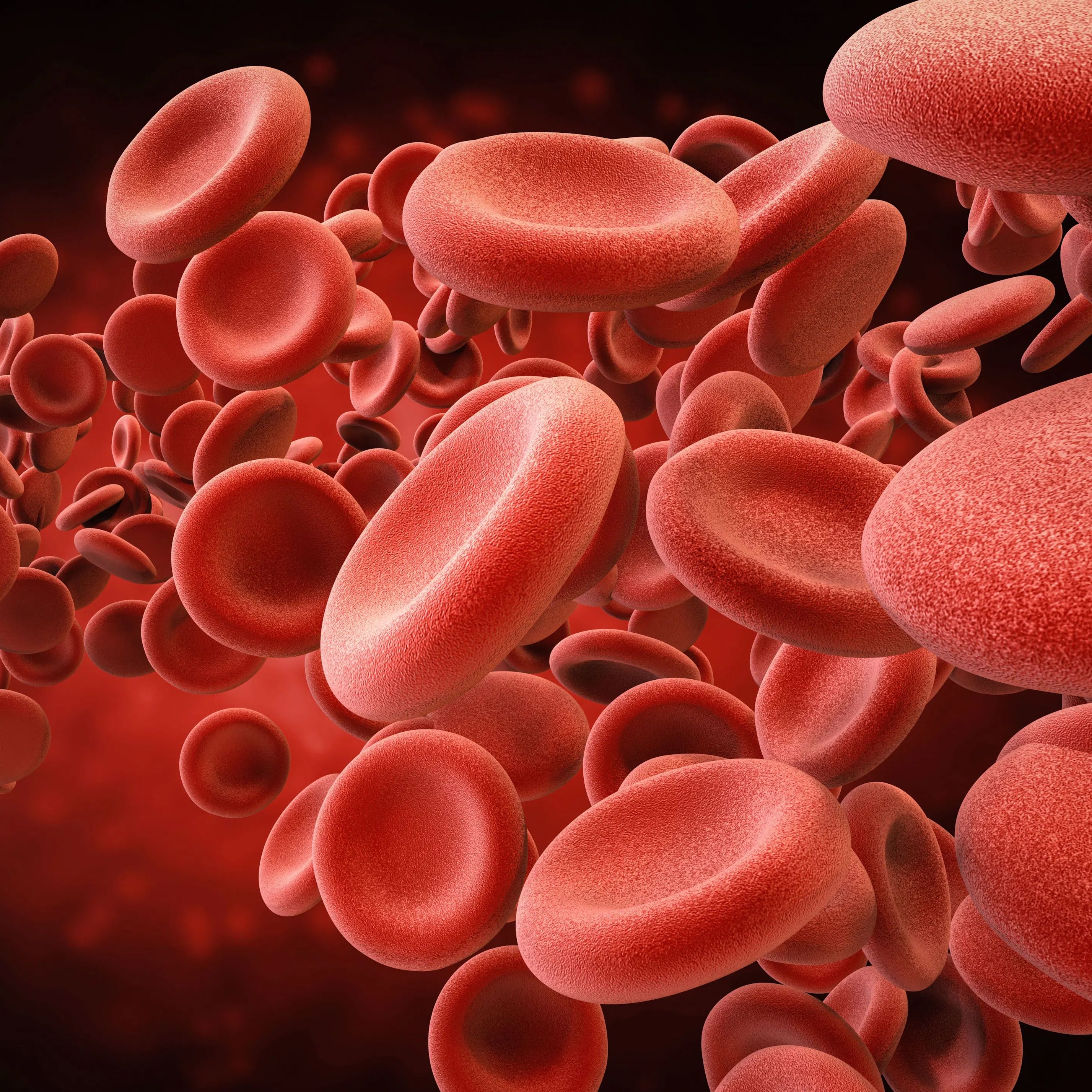Article
Death Rates After Hospitalization Down for Oldest Heart Failure Patients
Death rates after hospitalization for heart failure have dropped for veterans age 80 and older, but rehospitalizations remain frequent.
Death rates after hospitalization for heart failure have dropped for veterans age 80 and older, but rehospitalizations remain frequent, according to a study in the American Heart Association journal Circulation: Heart Failure.
Results of the study highlight a need to better identify which patients among the oldest are more likely to be rehospitalized not just for heart failure, but for any reason, said Rashmee Shah, MD, lead author of the study and postdoctoral fellow in the Department of Health Research and Policy at Stanford University School of Medicine in Palo Alto, Calif.
Using Department of Veterans Affairs data, researchers identified 21,397 US veterans age 80 or older who were hospitalized at least once for heart failure from 1999 through 2008. They then compared the heart failure patients’ outcomes in different age groups—80 to 84, 85 to 89, and 90 or older—and found that death rates within 30 days of the first recorded hospitalization for heart failure were cut in half (from 14% to 7%) and death rates within a year fell from 48.8% to 27.2%.
Heart failure patients 90 and older were the most likely to die within a year of the initial hospital admission, researchers said. But 30-day and one-year death rates improved the most in that group—11% and 26% improvements in 30-day and one-year mortality, respectively. With relatively few heart failure patients of that age—about 8% of the total—it’s hard to draw conclusions about the trend, Shah said in a statement.
Overall, the drop in death rates might be due to the growing emphasis in recent years on performance measures that promote evidence-based treatment of heart failure. “There was a lot of room for improvement since so many patients in the oldest age groups were not getting evidence-based heart failure therapies, historically,” Shah said.
Though the average age at diagnosis is older than 75, elderly heart failure patients typically are defined as those who are only 65 or older. “Our definition of elderly heart failure patients needs to change,” Shah said. “As the population ages, doctors will be treating more heart failure patients in their 80s or older.”
The hospital readmission rate for any cause within 30 days of the initial heart failure hospitalization was 17.3%, and remained largely unchanged between 1999 and 2008.
Various steps could potentially reduce the risk of short-term readmissions among very elderly heart failure patients, including better patient education, blood testing, or other follow-up by a physician shortly after hospital discharge, Shah said.
“The next step would be another investigation to see what’s driving the readmissions and test interventions to reduce readmissions among this growing population,” Shah said.
Since the current research involved only veterans, the findings don’t necessarily apply to broader populations, Shah said. Women, who typically develop heart failure later in life than men, constituted only 2.6% of the study population. Also, the Department of Veterans Affairs uses electronic health records and integrates all levels of care, including inpatient, outpatient, and pharmacy services, so doctors can more easily monitor patients after hospitalization. “When the different aspects of health care provision are integrated, that may help in managing of complex diseases, like heart failure,” Shah said.





